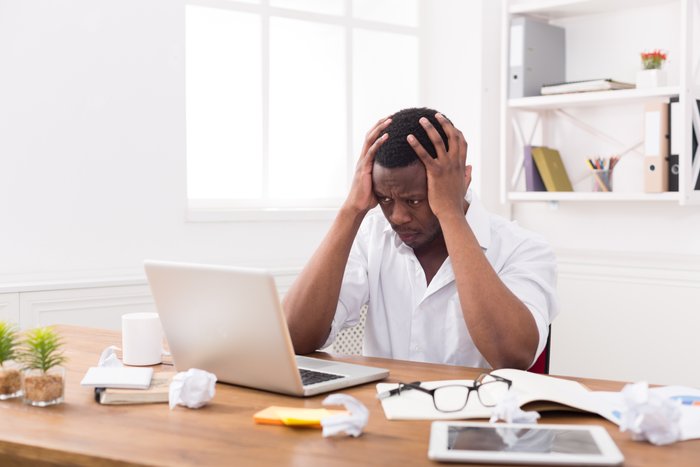
FREE E-BOOK: STRESS BUSTING RECIPES
Your heart is racing, your palms are sweaty. Your mind is going all over the place at top speeds and you feel exhausted before you even begin anything. What is going on?
You are experiencing stress. Everyone knows what stress feels like but what exactly is it? Stress is a reaction to any demand or alarming situation that triggers a chain of physiological effects in the body. When your brain perceives a threat or challenge, chemicals and hormones (such as adrenaline and cortisol) surge throughout your body to trigger a fight-or-flight response. Your blood sugar goes up, your heart rate accelerates, and your muscles are pumped with oxygen. Your body prepares itself to fight the challenge or to run away.
The term “stress” was originally coined in 1936 by Hans Selye who defined stress as “a non-specific response of the body to any demand for change.” Known as the father of stress, Selye noted that laboratory animals all responded similarly to annoying physical and emotional stimuli, such as bright light, very loud noise, uncomfortable hot or cold temperatures, or perpetual frustration. Long term stress caused these animals to develop similar diseases as humans, including heart attacks, kidney disease, and rheumatoid arthritis.
Is all stress bad?
No, stress itself is not considered bad. In fact, Selye realized that people viewed stress as a bad thing so he subsequently created a new term, “stressor,” to distinguish stimulus from response. Stress was often used synonymously with “distress,” which casts stress in a negative light. A little stress here and there is a good thing. Stress has been an evolutionary mechanism that has helped our hunter-gatherer ancestors survive. In today’s times, stress helps you meet a deadline, strengthens your body during exercise, or helps you avoid a car accident. Sometimes you need a little stress to get things done. Other times, you might seek stress for fun, such as enjoying the thrill ride of a rollercoaster or training for a marathon.
However, rollercoaster rides, deadlines, or races are all temporary. Your body should recover from the thrill and return back to its previous physiological state.
But severe or prolonged periods of stress can be mentally and physically damaging, which lead to serious health issues. With chronic stress, the body’s response to stress remains on, never receiving that signal to return back to normal functioning. As a result, what normally helps the body deal with danger instead disturbs the immune system, brain, digestive tract, cardiovascular system and sleep. Chronic stress leads to emotional problems, including depression, panic attacks, or anxiety. Stress is also linked to 6 of the leading causes of death: heart disease, cancer, lung disease, accidents, liver cirrhosis and suicide.
How do I know if I am suffering from chronic stress?
Chronic stress puts a wear on the body, both emotionally and physically. The common symptoms of stress include:
- Headaches, dizziness, feeling of “being out of it,” sleep issues, clenched jaw
- Indigestion or acid reflux, increased or loss of appetite, upset stomach, diarrhea
- Racing heart, rapid or difficult breathing
- Muscle tension, general aches and pains, tiredness and exhaustion
- Weight gain or loss
- Sexual difficulties
Keys to reducing stress
Learning how to manage stress is key to leading a happier and healthier life. Some guidelines that may help you begin your journey to a more stress-free life are:
- Accept events that you cannot control
- Set boundaries and limits, and say no to things that add stress to your life
- Seek social support and spend time with those you love
- Make time to get enough sleep or rest. Getting enough sleep can help you manage situations or sudden events that might trigger stress
- Exercise regularly
- Maintain a healthy, well-balanced, and nutritious diet. For ideas on how to eat for stress relief, click here to receive a free Stress Busting Recipe booklet.
- Consider a stress-reducing supplement to support a busy lifestyle, such as ginseng or l-theanine.
- Learn to manage time more effectively-- delegate if necessary
POPULAR POST
Customer Care
*These statements have not been evaluated by the Food and Drug Administration. These products are not intended to diagnose, treat, cure, or prevent any disease.





